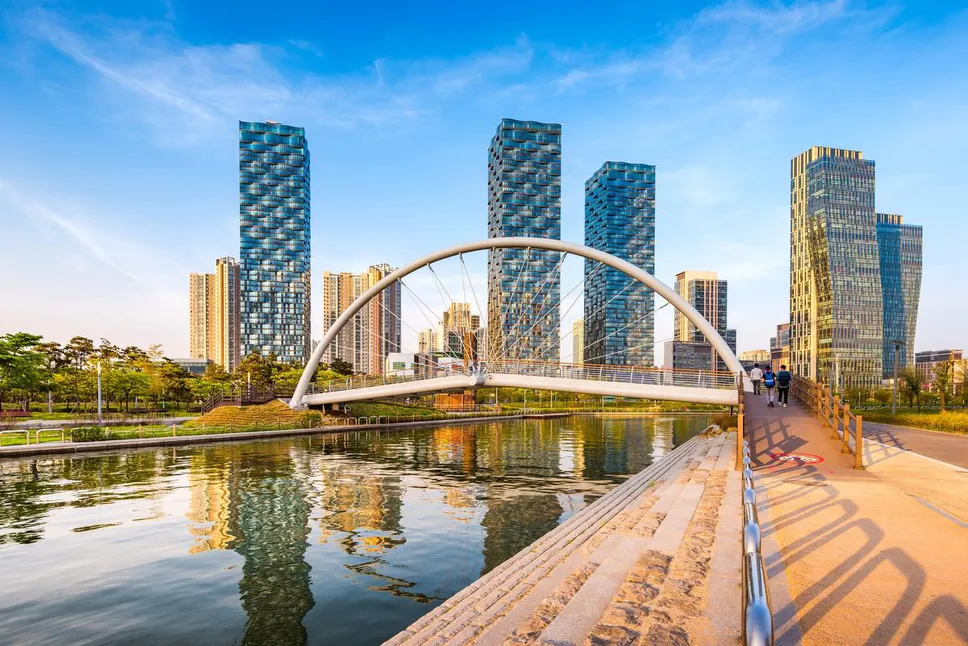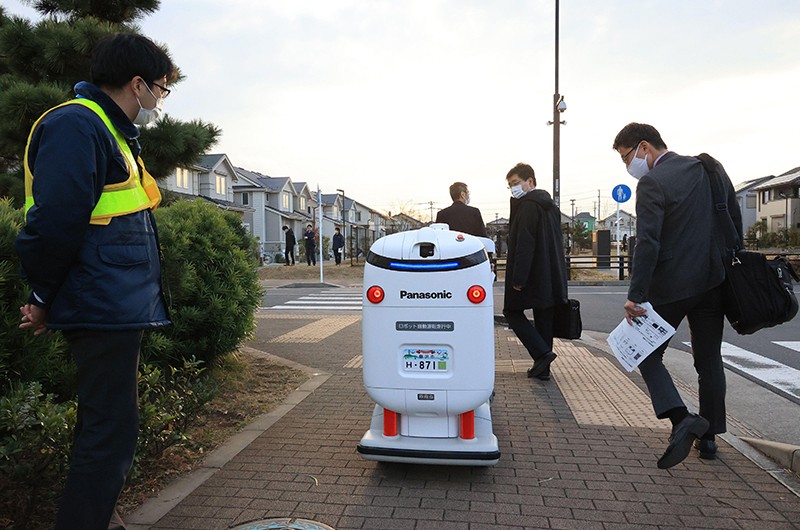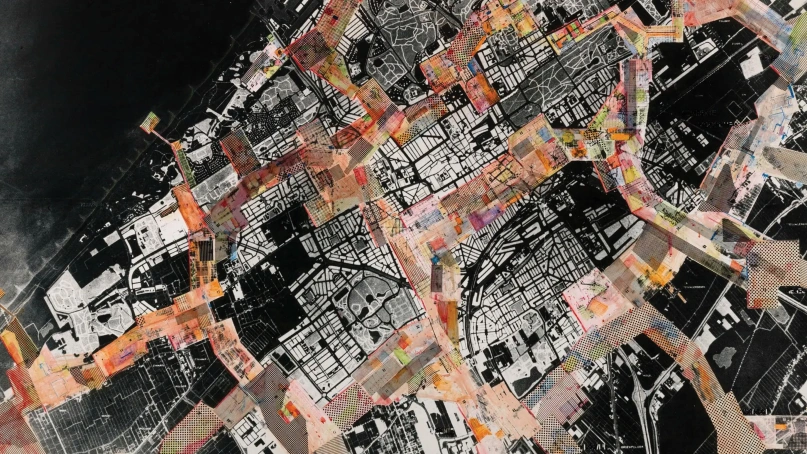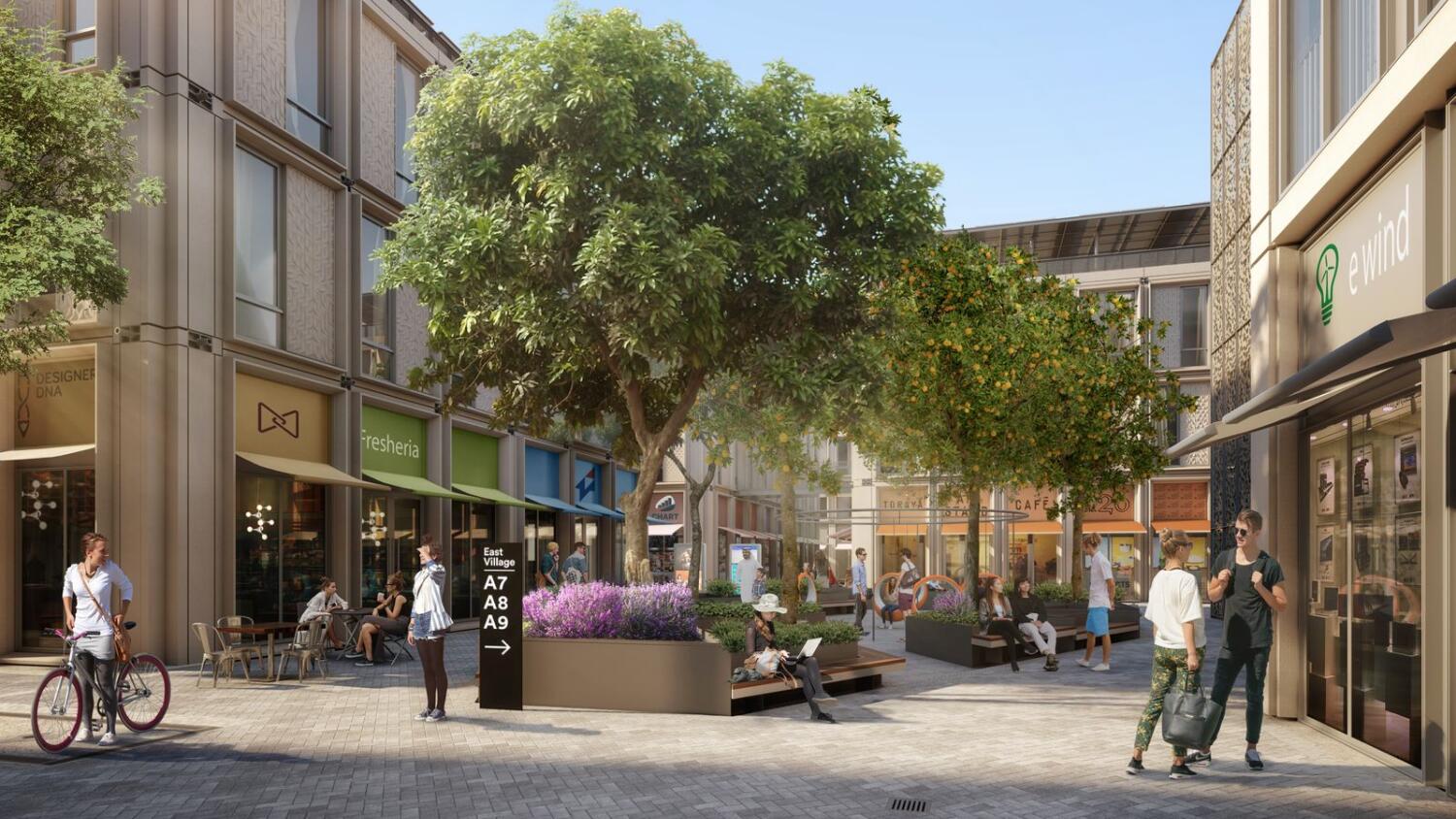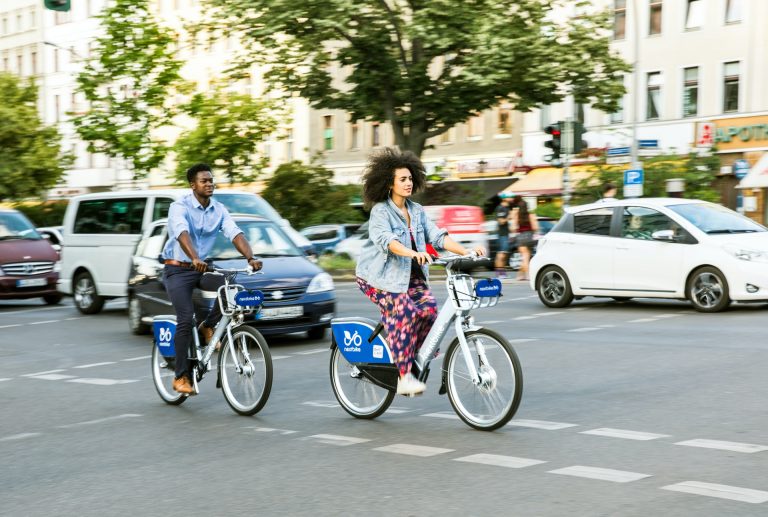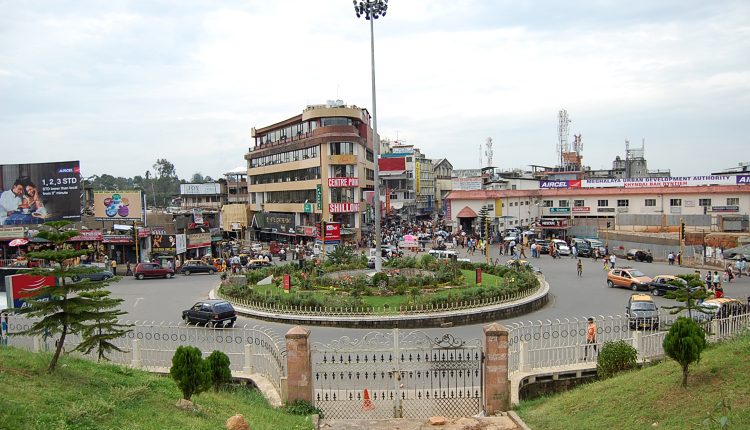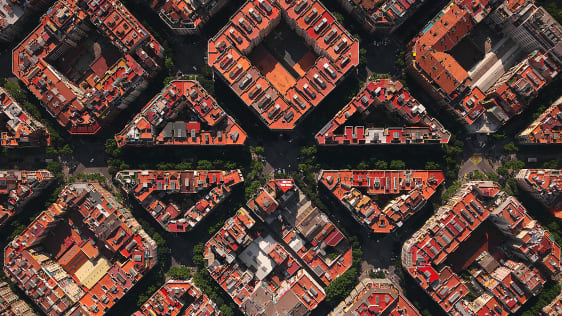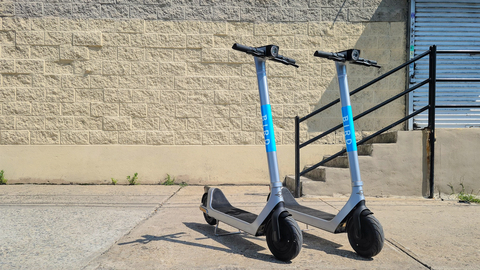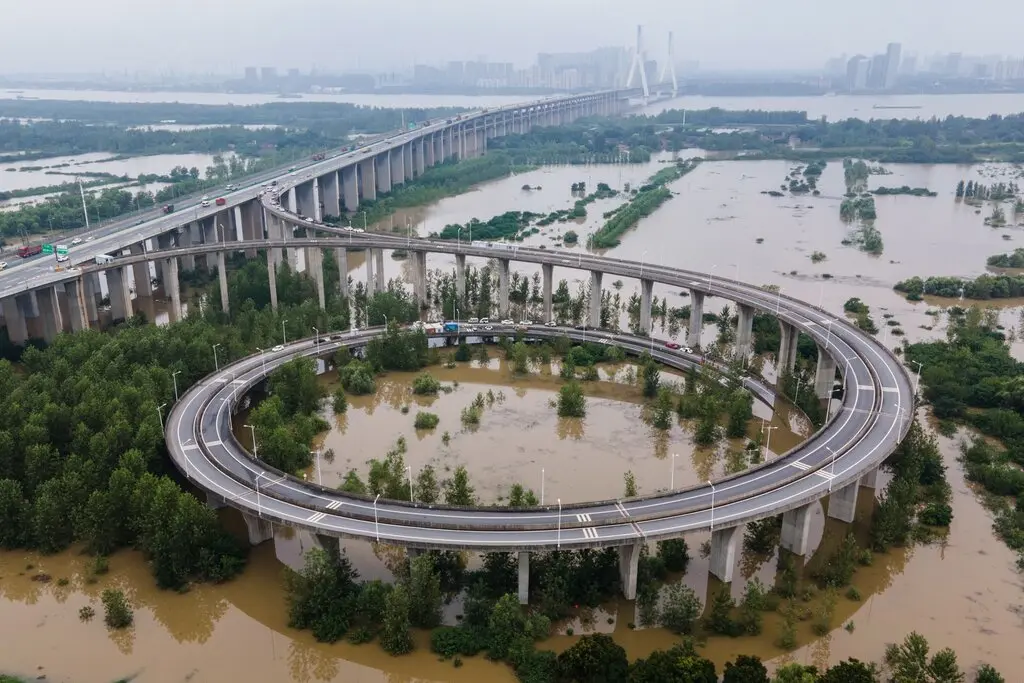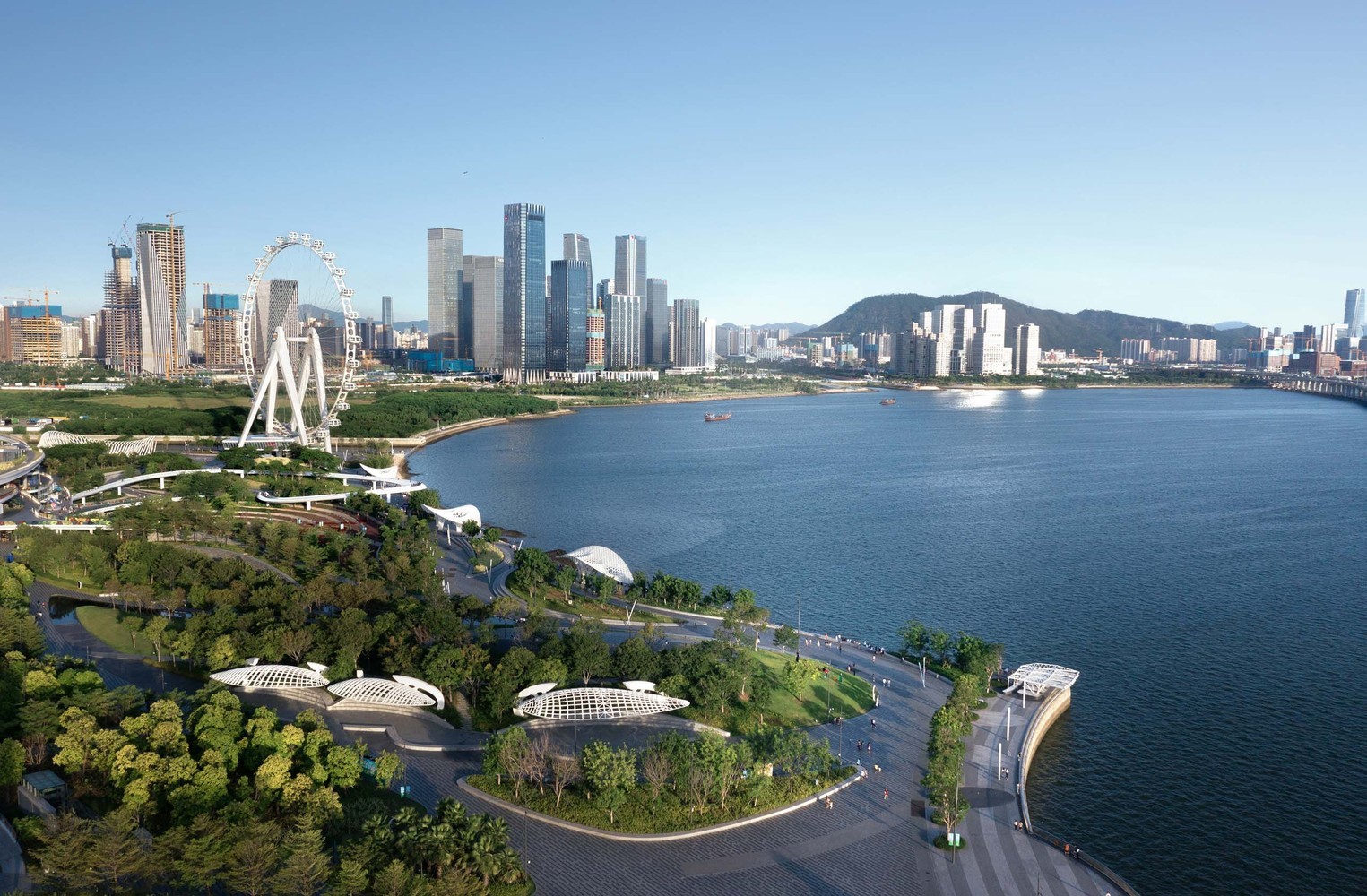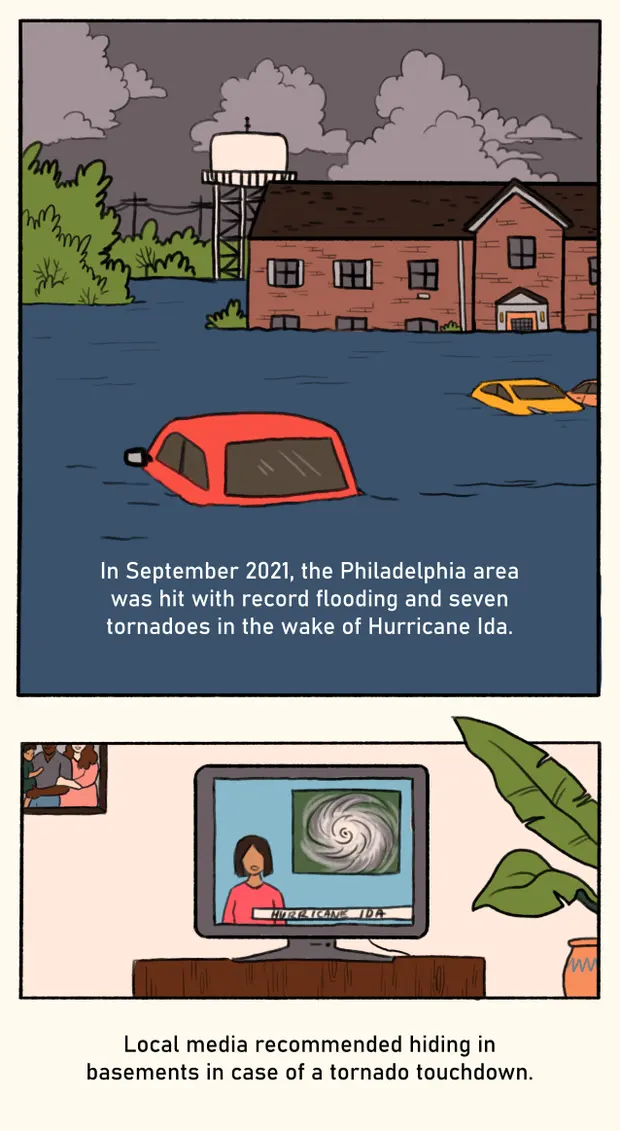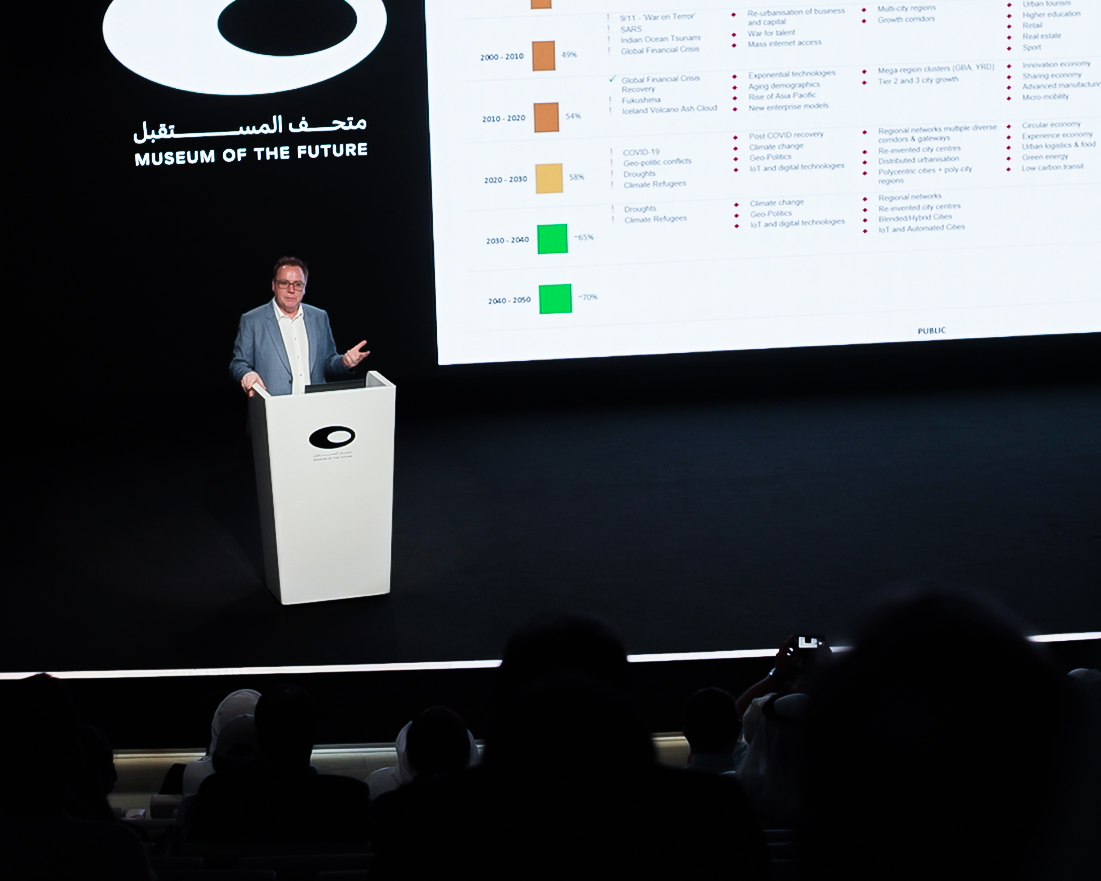One of the biggest questions worldwide before the 2021 United Nations Climate Change Conference is how we could get our cities more resilient and sustainable? We need new innovative solutions and thinking to make cities worldwide a lot more sustainable and resilient than they’re now. The concept of “Climate-Smart” cities conducive to positive environmental outcomes has become central to today’s urban development projects. From climate change, pandemics, and AI to the billions of dollars of federal funding for transportation, electrification, waste and water, broadband, we are making progress to futureproofing our cities. According to the UN’s Climate Action research, the Green Transition could generate as much as $7 trillion in investments with some 144 million new jobs created by 2030. Jobs in renewable energy reached 11.5 million in the previous year, and the Circular Economy model is forecasted to launch another 700,000 jobs in Europe alone by 2030. Countries like the Kingdom of Saudi Arabia and Singapore have invested billions into the construction of Climate-smart cities to re-invent their economies, encourage tourism and redefine the future of urban living. Because of the vast financial returns that Climate-smart cities promise, in addition to the environmental benefits they provide, the idea of funding Environment-focused public housing has transitioned from being a “pie in the sky” idea into something lucrative and tangible. To develop true resilience, we must plan for self-sufficient, intelligent, and resilient communities of all sizes if we do not meet the carbon reduction goals set for 2050. Climate-Smart cities are the true meaning of resilience.
+INFO: Forbes




